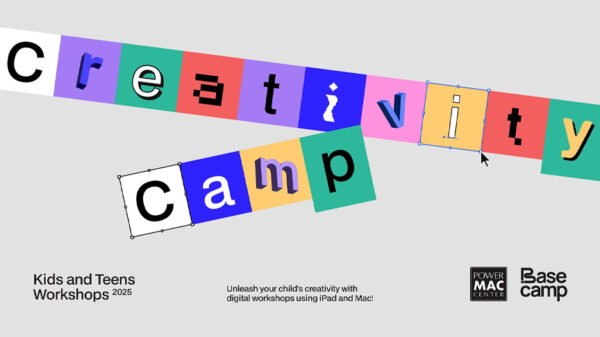As cloud adoption becomes the new norm in the enterprise landscape, Oracle announced it has made significant changes in its cloud business which focused on making its customers successful as they move to the cloud.
The changes made by the company include the building of modern SaaS versions of all its major business applications with a goal of making sure applications are well-integrated and can work seamlessly with existing applications so customers get the best benefits of integration. Apart from this, Oracle has also the most flexible approach to the cloud, making sure that their customers’ expectations for their business needs are met, and has a very flexible approach by offering public cloud.
Another change in its cloud business was that Oracle is the only cloud provider that offers financially-backed end-to-end SLAs (service level agreements) which is critical for enterprise customers’ mission critical applications. Oracle is the only player today that has both the integrated cloud application and the needed cloud infrastructure.
Oracle also built a brand-new cloud infrastructure called Oracle Cloud Infrastructure (OCI), a secure, high-performance platform for all workloads, which offers more than 70 unique cloud services. These services provided by OCI offer more options to its native applications and for its existing customers with mission critical enterprise applications.
As the demand for cloud services rises, more customers across South East Asia are choosing OCI because of the benefits it offers. The platform is far easier to migrate critical enterprise applications. “We build applications in such a way that it’s so easy with tools available to migrate any enterprise application that customer has,” according to Chin Ying Loong, regional managing director, ASEAN and South Asia Growing Economies (SAGE), Oracle.
Customers will have access to the full suite of Oracle Fusion Cloud Applications, as well as Oracle Autonomous Database, Oracle Container Engine for Kubernetes, and Oracle Cloud VMware solution, giving them the choice to create the architecture that best suits their business needs.
Another motivation as to why customers are moving to OCI is because all services offered by OCI are available to serve the needs of all developers to either build a cloud native application or to move the applications they have on cloud and extend the functionality of all existing applications. Other advantages of using OCI include the following: autonomous services make it easier to manage security, performance and scalability; complete support for hybrid cloud strategies; built-in security; and lower cost.
“We are the only vendor today that has both the complete suite of integrated SaaS applications and the next-generation cloud infrastructure platform. We are in a very unique position today to really understand the enterprise as they move into the digital age and the best player to be able to address that and partner with our enterprise customers to move forward in the digital space,” said Chin Ying Loong.
Apart from rebuilding its business for cloud, Oracle recently expanded its footprint with the opening of the Oracle Cloud Singapore Region to meet the increasing demands for cloud services. Since its opening, close to 100 customers across the region have selected to host their workloads on OCI, including the City Government of Baguio, FUJI FILM Business Innovation Asia Pacific, and iFoundries.










































































































